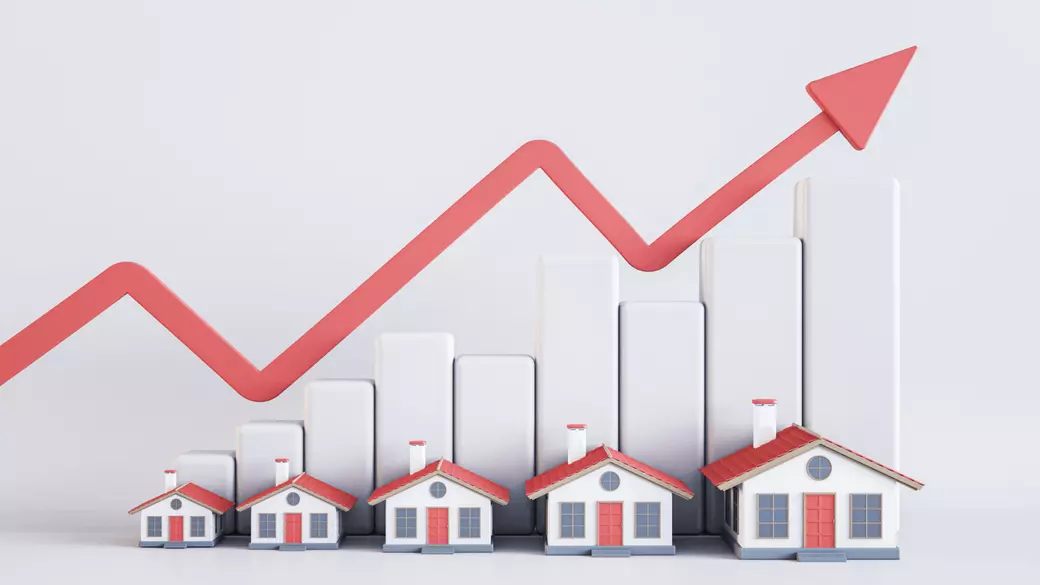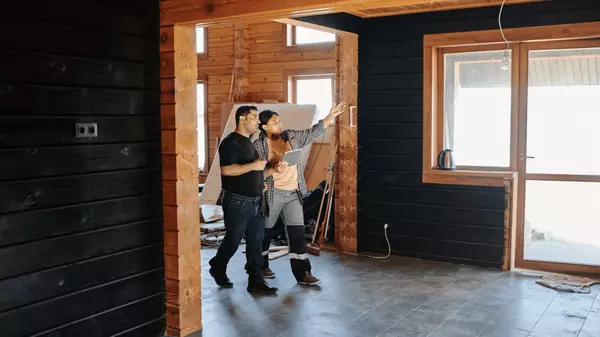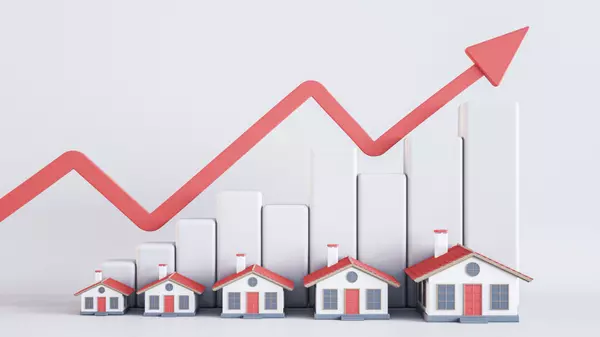Why Home Sales Rise After Presidential Elections

In the wake of presidential elections, a fascinating trend often emerges in the real estate market: a notable increase in home sales. This phenomenon can be attributed to several factors that influence both buyers and sellers in the post-election period.
Firstly, elections bring a sense of uncertainty. Potential homebuyers and sellers often adopt a wait-and-see approach during the campaign season, postponing major financial decisions until after the election results are clear. Once the political landscape stabilizes, confidence tends to return, prompting an uptick in real estate transactions.
Economic policies and promises made during campaigns also play a significant role. Newly elected leaders often propose changes that can directly impact the housing market, such as tax reforms or housing incentives. Buyers and sellers react to these anticipated changes, with some rushing to close deals before new policies take effect and others entering the market to take advantage of potential benefits.
Additionally, consumer sentiment is closely tied to the broader economic outlook. Post-election periods often bring renewed optimism about economic growth and stability, which can boost consumer confidence. When people feel more secure about their financial future, they are more likely to invest in real estate.
For sellers, this increased activity is particularly advantageous. A surge in buyer interest can lead to competitive bidding situations, potentially driving up home prices. Sellers who may have been hesitant to list their properties during the uncertainty of an election year find themselves in a favorable position once the dust settles.
In summary, the rise in home sales following presidential elections is driven by a combination of reduced uncertainty, anticipated policy changes, and improved consumer confidence. Both buyers and sellers stand to benefit from this post-election market dynamic, making it a critical period for real estate professionals to monitor closely.
Categories
Recent Posts











